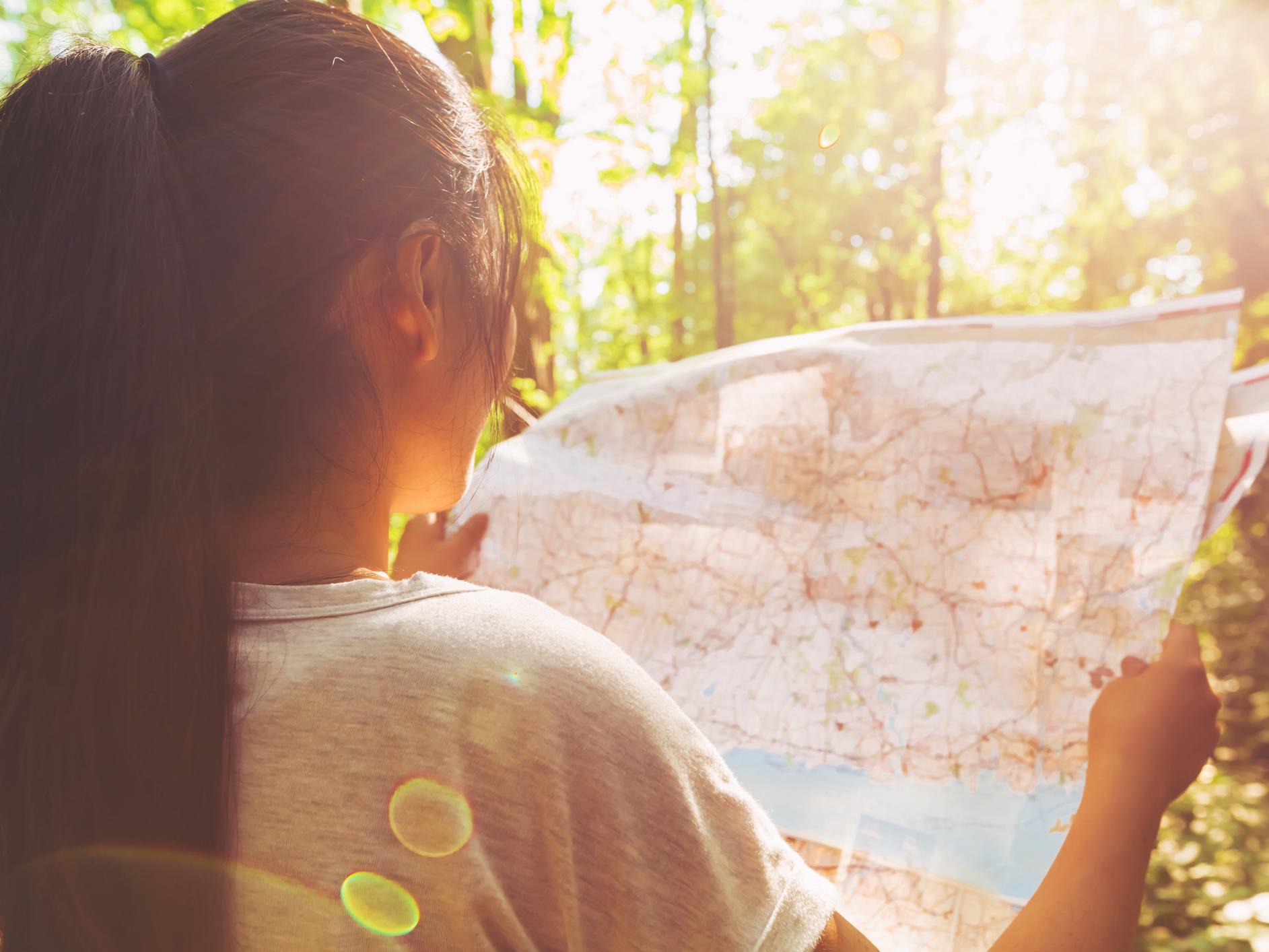Millions of millennials have never read a paper map, study claims
Majority of adults aged 23 to 38 say they would struggle to navigate without smartphones

Millions of millennials have never read a paper map, new research claims.
A detailed study found a decade of technological innovation has all but ended traditional map-reading among the 23 to 38 age group.
The results showed millennials use their mobile phone map on average five times a month – or at least once a week – with six in 10 admitting they always “rely” on it when going somewhere new.
In day-to-day life, more than a quarter of under-39s found themselves “very reliant” on digital maps.
In contrast, those aged 39 and above only sought help from their mobile phone map twice a month.
More than two-thirds put this down to digital maps being more accessible while half believed younger generations were not being taught how to read maps as “everyone relies on technology today”.
A further 53 per cent of millennials admitted they would struggle to find their way somewhere without their mobile phone.
Overall, 15 per cent of millennials said they had never read an old-style paper map.
The study, commissioned by Ordnance Survey, in line with National Map Reading Week, also found only 18 per cent of millennials felt very confident using a paper map, compared to 44 per cent of the over-38s.
National Map Reading Week aims to encourage people to understand the importance of map-reading, whether paper or digital, to help them stay safe when exploring Great Britain.
Nick Giles, managing director of Ordnance Survey Leisure, said: “Digital mapping, through apps and websites, has transformed the way in which we navigate.
“Many people believe that they can read digital maps but there is so much more to explore beyond a mobile phone screen.
"We have all experienced tech fails, whether batteries dying or signal issues, and this is where paper maps can be an essential backup.”
The research, of 1,000 millennials and 1,000 adults aged 39 and above, also found that the younger generation would like to see coffee shops, bars and free attractions added to traditional maps.
According to six in 10 over-38s, map-reading is a skill people should have and 41 per cent of them “worry” that people are growing up without basic navigational skills.
However, this was not a worry to seven in 10 millennials - although one in five admitted they wished they were better at reading maps, according to the OnePoll study.
Mr Giles added: “National Map Reading Week provides the perfect opportunity for everyone to either learn, or brush up on, their map-reading skills.
“We want everyone to use maps to their full potential, from helping to discover new walking routes and giving better directions, to finding hidden landmarks and most importantly using a map effectively.”
SWNS
Join our commenting forum
Join thought-provoking conversations, follow other Independent readers and see their replies
Comments
Bookmark popover
Removed from bookmarks